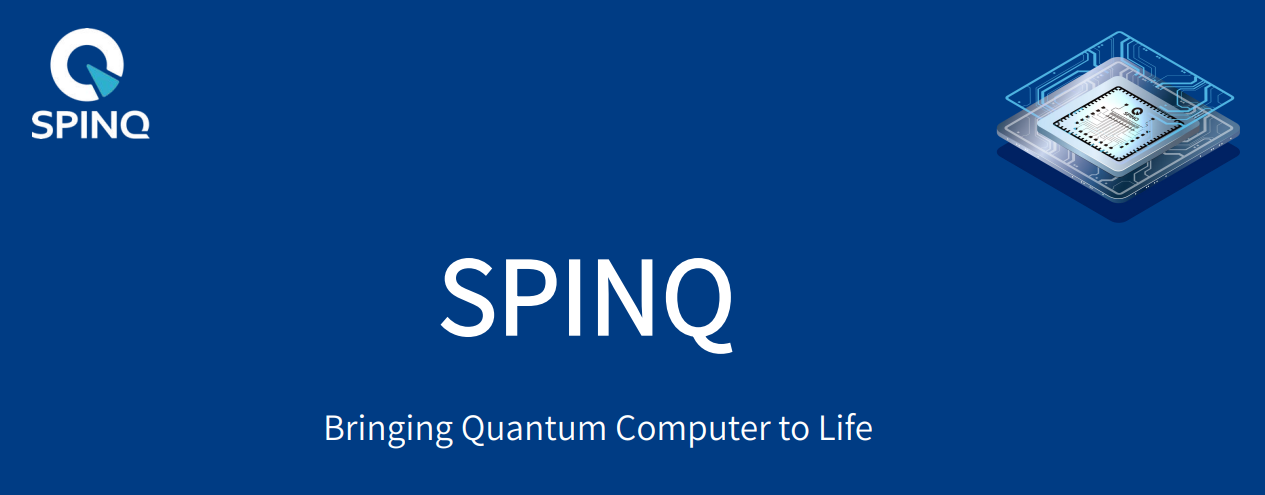Top 5 Quantum Chips Companies in 2025
2025.01.09 · Blog
Quantum chips are at the heart of quantum computing, enabling groundbreaking advancements across industries. This article highlights the top 5 companies in 2025 leading the quantum chip industry, showcasing their pioneering technologies and contributions to quantum computers and the quantum technology revolution.
IBM
IBM has been a leader in quantum computing for decades. The company offers IBM Quantum, a full-stack quantum computing platform, and is one of the first companies to provide quantum computing as a cloud service through IBM Quantum Experience.
IBM Quantum Chips:
IBM is developing superconducting qubits for its quantum chips, with notable processors like Eagle, Condor, and Kandala. They focus on building scalable quantum systems using these qubits.
Major Achievements of IBM Quantum Chips :
1. IBM's Eagle chip, with 127 qubits, was a significant milestone in increasing the number of qubits while maintaining performance.
2. IBM’s Condor chip, expected to have 1,121 qubits, is part of their roadmap toward achieving quantum advantage.
3. They have developed the Qiskit open-source quantum software development framework.
SpinQ

SpinQ is a comprehensive quantum computing solution provider committed to the industrialization and accessibility of quantum computing.
The company develops educational-grade nuclear magnetic quantum computers, industrial-grade superconducting quantum computers, quantum computing cloud platforms, and quantum application software.
With a strong focus on practical applications in fields such as scientific research and quantum education, drug development, financial models, and artificial intelligence, SpinQ is driving innovation across multiple industries.
SpinQ Superconducting Quantum Chips
The SpinQ superconducting quantum chip adopts a 1D or 2D chain topology design and operates in a 20 mK temperature environment.
It features high Qi values, long qubit lifetimes, and high stability, which means quantum bits can maintain their quantum states for longer periods, enabling more computational operations and improving the reliability and accuracy of quantum computing.
Additionally, with a dedicated quantum chip production line independently built and invested in by SpinQ, the company can fully control quantum chip quality and manufacturing processes, reducing the risk of cross-contamination and ensuring better quality and stability of quantum hardware.

Major Achievements of SpinQ Superconducting Quantum Chips:
1. Standardized & Mass-produced:
Through standardized quantum chip design simulation, fabrication, packaging, and testing processes, SpinQ has achieved the capability to produce commercially available high-performance QPUs with decoherence time (T1) of up to 100 μs or more.
2. Robust Performance & Fully Controllable Qubits:
Users can achieve high-precision control over each qubit through independent control lines. When combined with SpinQ's QCM system, this setup enables high-fidelity quantum logic gate operations on SpinQ QPUs.
Specifically, the fidelity of single-qubit gates can reach up to 99.9% or higher; two-qubit gate fidelity can reach up to 99% or higher, ensuring almost no quantum errors.
3. Flexible Options for Diverse Applications:
SpinQ superconducting quantum chips are available in various configurations with different numbers of qubits, catering to diverse application scenarios and budget requirements.
4. Stable and Reliable, Highly Integrated, Easy to Use:
SpinQ superconducting quantum chips are fully packaged for straightforward installation and use in any experimental environment, eliminating the need for additional handling. They offer high flexibility and excellent thermal contact performance, ensuring stability and reliability.
5. Factory Testing Report Included:
Each quantum chip comes with a standard factory characterization report that includes measurements such as resonant cavity frequency, qubit frequency, decoherence time, and more, ensuring the chip's reliability.
6. Professional 1-on-1 Services:
We provide a variety of professional services for our QPU products, including customization, quantum foundry services, design services, quantum system solution tailoring, professional installation, training, and technical support.

Google has been a pioneering force in quantum computing, making headlines in 2019 with its quantum supremacy claim using the Sycamore processor.
The company is committed to advancing the field with a focus on superconducting qubits, which are at the heart of its quantum chips.
Google Quantum Chips:
Sycamore: The Sycamore chip (54 qubits, but one qubit was unusable during the test) solved a specific computational task in 200 seconds—a task that would have taken the fastest classical supercomputer 10,000 years.
Willow: Willow (105 qubits) incorporates superconducting qubits like Sycamore, but its key innovation is quantum error correction—a critical step toward achieving scalable, practical quantum systems. Willow addresses the challenge of qubit errors by implementing advanced error correction techniques that reduce the error rate as the number of qubits increases.
Major Achievements of Google Quantum Chips:
1. Quantum Error Correction: Willow is a landmark achievement in quantum error correction. In tests, it has demonstrated an exponential reduction in errors, achieving what is known as being “below threshold.” This means that Willow can scale up the number of qubits without a corresponding increase in errors, a breakthrough that could make large-scale quantum systems more feasible.
2. Real-Time Error Correction: Willow is also one of the first systems to implement real-time error correction on a superconducting quantum system. This feature is crucial because it ensures that quantum computations can continue without being destroyed by errors before they are corrected.
3. Improved Performance: Willow’s performance in random circuit sampling—a benchmark that measures quantum processor performance—has been impressive. Google reported that Willow could perform computations in under 5 minutes that would take 10 septillion years on the fastest classical supercomputers, further confirming its potential to solve problems that are out of reach for classical systems.
4. Google focuses on developing quantum algorithms and the Quantum AI platform to apply quantum computing to areas like chemistry, materials science, and artificial intelligence.
Intel
Intel is investing heavily in quantum computing, with a focus on silicon-based quantum chips. Intel leverages its extensive expertise in semiconductor manufacturing to build quantum processors that use silicon qubits.
Intel Quantum Chips:
Intel's Tangle Lake processor, built with 49 qubits, uses superconducting qubits but is focused on improving scalability and performance.
Intel is also working on quantum silicon qubits, aiming to build scalable quantum computers using the same technology that has revolutionized classical computing.
Major Achievements of Intel Quantum Chips:
Intel’s Horse Ridge project focuses on developing integrated control chips to manage quantum processors, which is essential for scaling quantum systems.
Intel is developing quantum dot qubits, which aim to combine the scalability of semiconductor technologies with the power of quantum computing.
Microsoft
Microsoft is pursuing a topological qubit approach to quantum computing, which they believe will offer more stability and be more scalable than other approaches. They are also heavily invested in quantum software and the Azure Quantum platform.
Microsoft Quantum Chips:
Microsoft’s approach focuses on topological qubits, which are theorized to be more resilient to errors than other types of qubits. This approach is in contrast to superconducting qubits and trapped ions.
While they have not yet released a working topological quantum processor, Microsoft’s quantum roadmap includes significant investments in both hardware and software for the long term.
Major Achievements of Microsoft Quantum Chips:
The company is building Azure Quantum, a cloud-based quantum computing platform that supports quantum hardware from other companies (including Honeywell and IonQ).
They are working on quantum programming languages such as Q# and tools for integrating quantum computing with existing classical cloud infrastructure.
Conclusion
The top 5 quantum chip companies in 2025 are driving innovation and shaping the future of quantum computing, setting new standards for the quantum field. As quantum computing continues to evolve, these pioneers will remain at the forefront, driving progress and unlocking unprecedented possibilities.
Featured Content






